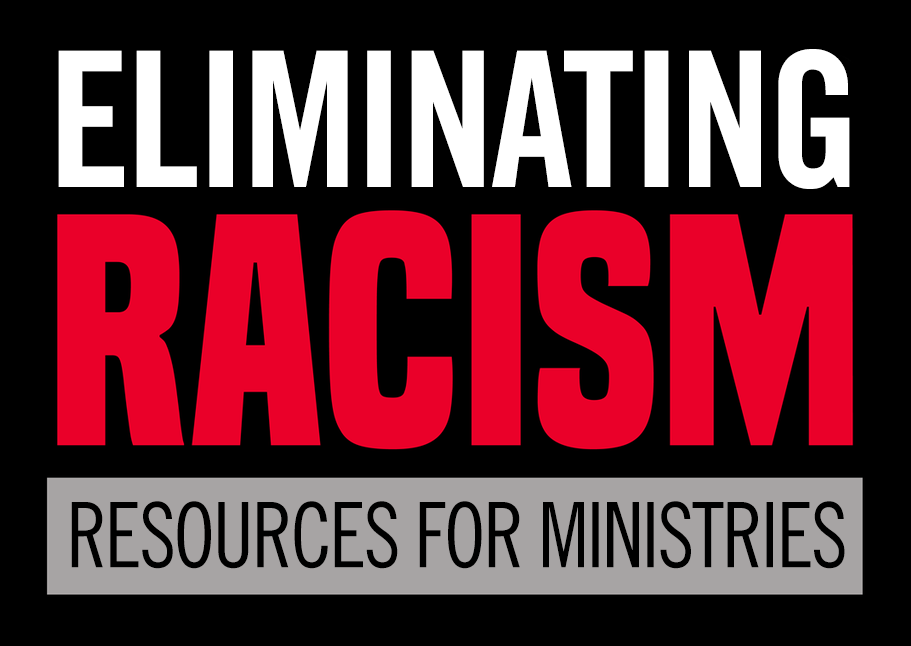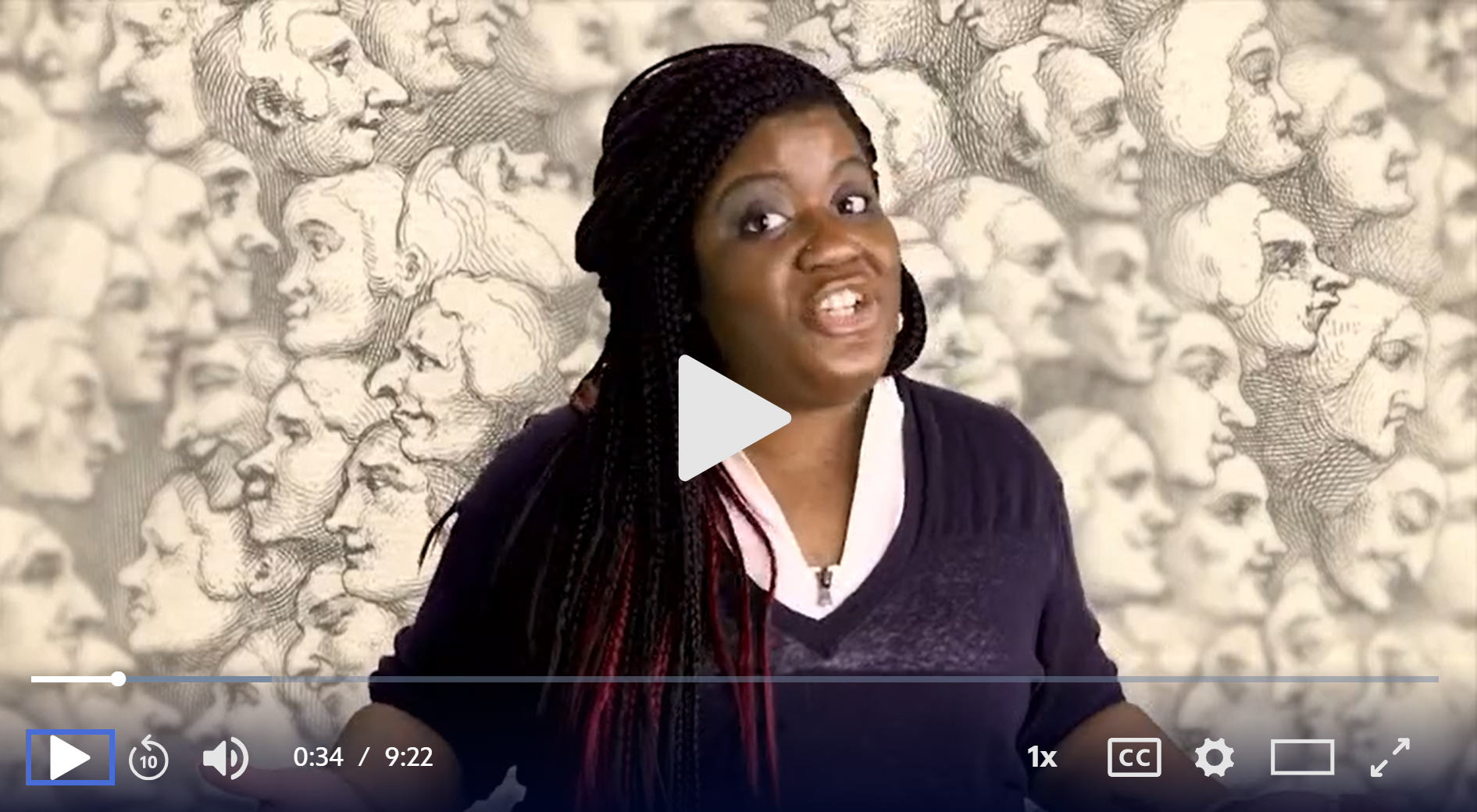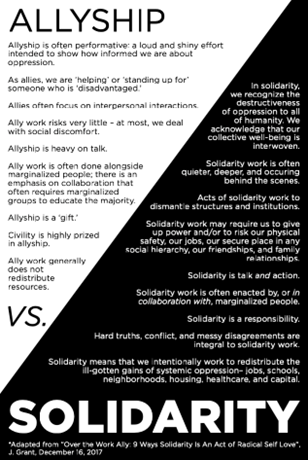Eliminating Racism Resource Center
“I came that they may have life and have it abundantly.” – John 10:10 NRSVUE
The ‘E’ in M.I.L.E. is about Eliminating Racism. We work to Eliminate racism because our Christian faith and Wesleyan theology compel us to do so. Welcome and thank you for your commitment to walk this road!
Together, we enter this journey from multiple paths and perspectives. This page is designed to support individuals and congregations in expanding their understanding of racism; discerning their commitment to anti-racism; and taking action to move church and society toward beloved community.

If you are new to this work, you are invited to move through the categories in order and choose from among the resources. Choose what sparks your curiosity.
Hold sacred your humanity and that of others who are different from you in culture, race, gender, gender identity, sexual orientation, abilities, economic status, educational status and more. Intersecting identities make the work of anti-racism even more complex.
Dismantling racism requires deep personal and spiritual work, as well as critical analysis of our structures. Expect discomfort. Seek understanding. Breathe hope. Act justly.
Learning about racism
Why United Methodists care about racism
Our Wesleyan theology invites us into a personal relationship with Jesus Christ that informs our work in the world. UMC Social Principles address the role of the church in eliminating racism, and affirm the equal value of all persons in the eyes of God. Eliminating racism is a priority at all church levels.
- “Three Simple Rules, A Wesleyan Way of Living” by Bishop Rueben P. Job
- Go to the free version of the 2016 Book of Resolutions. Use the magnifying glass icon to search key words like ‘racism’ and ‘anti-racism.’
- Use these links to the general agencies of The UMC. Search for statements or resources on ‘racism’, ‘anti-racism’, ‘social justice’, ‘beloved community.
The terms used to explain and confront racism are ever-evolving. Language is imprecise and language matters.
Bishop Thomas Bickerton, president of The UMC’s Council of Bishops, shares a message about the denomination’s renewed commitment to eliminating racism within the church, communities & culture.
VIDEO to watch. PBS Origins of Everything: The Origin of Race in The USA. Watch this 9:22 video to get acquainted with how race has been described throughout history.
How did we get here? The roots of racism
Racism, economics and the church are inexorably linked. Dehumanization of Black and Brown people was necessary to justify enslavement and genocide. Race, as a social construct, is the glue that holds social status and bias in place even today.
- National Museum of African American History & Culture: Historical Foundations of Race.
- Nikole Hannah-Jones: The 1619 project: A New Origin Story
- The National Native American Boarding School Healing Coalition.
- CNN: The Chinese Exclusion Act reshaped America in 1882.
- “Strawberry Days: How Internment Destroyed a Japaniese American Community” by David A. Newert.
- Densho: Voices of Japanese Americans unjustly incarcerated during World War II.
- “Massacre at Sand Creek: How Methodists Were Involved in an American Tragedy” by Gary L Roberts.
- “Unsettling Truths: The Ongoing, Dehumanizing Legacy of the Doctrine of Discovery” by Mark Charles and Soong-Chan Rah.
- Historic Roots of Racism: A Townhall on History and Guide.
- The American Reformation Begins by Hannah Adair Bonner, United Methodist Insight:
- Don’t Misuse “Methodist” and “Methodism” by M. Garlinda Burton, General Commission on Religion and Race,
- Remembering Native American Victims of US Schools, Global Ministries of The UMC.
Middle Passage. American Civil War. Colonization. US Civil Rights Movement. Martin Luther King, Jr. Smithsonian Heritage Museums. James Baldwin. Race and Society. The Origins of Race. Indian Boarding Schools. Immigration. Chinese Exclusion.
That was then, this is now
Racism is the power to create or uphold systems that preference some and marginalize others based on race. Many BIPOC persons have written from their experience of racism. These offerings are generous, vulnerable and revolutionary.
Why it still matters
- “The New Jim Crow: Mass Incarceration in an Age of Colorblindness” by Michelle Alexander
- “The Conversation: How Seeking and Speaking the Truth About Racism Can Radically Transform individuals and Organizations” by Robert Livingston
- “See No Stranger” by Valerie Kaur
- “Race Matters” by Cornell West
- “Just Mercy: A Story of Justice and Redemption” by Bryan Stevenson and Just Mercy (the film) by Warner Brothers.
- “Between The World and Me” by Ta-Nehisi Coates
- “My Grandmother’s Hands: Racialized Trauma and the Pathway to Mending Our Hearts and Bodies” by Resmaa Menakem
- “Unmasking Racism, Coloring with Love in the Church, Community and Academy” by del Pino, Watkins, Lyght and Keaton
- “How To Be An Antiracist“/”Cómo Ser Antirracista” by Ibram X. Kendi
- “Stamped: Racism, Antiracism and You” by Jason Reynolds and Ibram X. Kendi
- “Caste: The Origins of Our Discontents” by Isabel Wilkerson
- “The Color of Compromise: The Truth About American Church Complicity in Racism” by Jemar Tisby
- “I’m Black. I’m Christian. I’m Methodist.” Edited by Rudy Rasmus
- “Brown Church: Five Centuries of Latina/o Social Justice, Theology, and Identity” by Robert Chao Romero, Andre Bellido, et al.
- “How to Fight Racism: Courageous Christianity and the Journey Toward Racial Justice” by Jemar Tisby
Racial Justice. Economics of Race. Environmental Racism. Racism in Health Care. Racism and Trauma. Generational Impoverishment. Reparations. Systemic Racism. Murdered & Missing Indigenous Women. Immigration Justice. AAPI Violence. Redlining.
A reading of “Ain’t I A Woman?” by Sojourner Truth from 1851.
Confronting Racism: Bias, privilege & challenges
Do you discriminate? UCLA law professor Jerry Kang exposes the phenomenon of automatic processing and how it relates to explicit and implicit bias.
Implicit Bias
Neuroscience offers insights into how the human brain functions when confronted with difference. Implicit bias is the term for the unconscious and nearly automatic preferences for similarity, born of survival instincts. This, combined with embedded stereotypes, explains reactions that our conscious minds might reject or abhor.
- “The Neuroscience of Racism” by Sebastian Ocklenburg, Psychology Today.
- Video: We all have implicit biases. So what can we do about it? Dushaw Hockett at TEDxMidAtlanticSalon:
- Harvard Implicit Association Test.
- Implicit Bias Workbook, General Commission on Religion and Race.
Data Informed Selection. Overcoming Biases in Hiring/Education/Health Care etc. Unconscious Bias. Power and Bias. Brain Science and Bias.
White privilege & white supremacy
The concept of ‘whiteness’ is rooted in the social construct of race. White privilege is a societal phenomenon that has profound consequences for individuals of color and white persons. Start with the seminal article on white privilege by Peggy McIntosh.
- “America’s Original Sin: Racism, White Privilege, and the Bridge to a New America” by Jim Wallis
- Video: Letters from a Birmingham Jail. Written and read by Martin Luther King Jr.
- “White Fragility: Why It’s So Hard for White people to Talk about Racism” by Robin Diangelo.
- “Waking Up White” by Debby Irving.
- “White Awake” by Daniel Hill
- “I’m Still Here: Black Dignity in a World Made for Whiteness.” by Austin Channing Brown
- “Me and White Supremacy: Combat Racism, Change the World and Become a Good Ancestor” (and workbook) by Layla F. Saad.
- “Dear White Christian: For Those Still Longing for Racial Reconciliation” by Jennifer Harvey.
- White in America. White Privilege. White Centeredness. History of Whiteness. Colorism. White Supremacy. Colonization.
Discussion Starter: What I could not see. Rev. Karen Hernandez, Sage District Superintendent, shares a personal story about a time her white privilege.
Confronting the sin of racism: A conversation & resource list created by the GNW Area IV Team in 2020.
Anti-racism challenges
Paralysis is not an option for BIPOC persons, or for any that face discrimination based on identity or intersecting identities. Paralysis results in continuing injustice. The resources below provide some guidance on acting toward anti-racist aspirations.
- 30 days of Anti-Racism, General Commission on Religion and Race (any 30 days will do!):
- “How To Be An Antiracist” by Ibram X. Kendi
- “Cómo Ser Antirracista” by Ibram X. Kendi
- “Stamped: Racism, Antiracism and You” by Jason Reynolds and Ibram X. Kendi
- “Where do we Go from Here, Chaos or Community” by Martin Luther King Jr
Solidarity: Allyship & racial equity
Intent and impact are often different. Standing in solidarity with a marginalized person or group requires constraint and the ability to follow. The readings suggest ways that support can be offered and received in right relationship.
What does allyship mean?
- Webinar – White Allyship: What It Means to Be an Antiracist Ally. General Commission on Religion and Race.
- Right To Be (formerly Holleback) on bystander support.
- White Allies.
- Allyship. The Anti-Oppression Network.
- Performative Allyship: What Are the Signs and Why Leaders Get Exposed. Forbes Magazine.
Book:
- “Crucial Conversations: Tools for Talking When Stakes Are High” by Grenny, Patterson, McMillian, Switzler, and Gregory.
Additional search topics:
- White Savior; Race and Privilege. Intercultural Competency. Intersectionality. Power Dynamics.
Promoting racial equity
Equity and justice are synonyms: Racial Equity = Racial Justice. The links below provide resources and support for acting toward racial equity. How might you use these resources and your influence in your congregation, community, and institutions to make a difference?
- How to Promote Racial Equity in the Workplace, Harvard Business Review (here you will think about your areas of influence – how can you make a difference?)
- Race Equity and Inclusion Action Guide, The Annie E. Casey Foundation:
- Inventory of Decision-Making Mechanisms. GNW IV Team.
- Inventory of Images & Communication Mechanisms. GNW IV Team.
- Data driven factors for racial equity; equity outcomes; confronting institutional racism; structural racism
Keep up with …
- Code Switch, an NPR Podcast.
- Race, Society, Diversity, and Anti-Racism Podcasts, Cal State Los Angeles
- Anti-Racism Resources, Harvard University. Offers a curated list by focus and type, including podcasts.
- “5 Racial Inequality Podcasts You Should Definitely Listen To” by Kate Nakamura, Global Citizen.
- Intersectionality. Black Voices. Indigenous Voices. Asian and Pacific Islander Voices. Latinx/Latina/Latino/Latine Voices.
Kids’ resources
- “Our Skin: A First Conversation About Race” by Megan Madison and Jessica Ralli
- “The Anti-Racist Kid: A Book About Identity, Justice, and Activism” by Tiffany Jewell
- “Stamped (For Kids): Racism, Anti-Racism and You by “Jason Reynolds, Ibram X. Kendi, adapted by Sonja Cherry-Paul
- “Just Ask!: Be Different, Be Brave, Be You” by Sonia Sotomayor
- “¡Solo Pregunta!: Sé Differente, Sé Valiente, Sé Té” by Sonia Sotomayor
- “Can I Touch Your Hair? Poems about Race, Mistakes, and Friendship” by Latham & Waters.
- “Little Legends: Exceptional Men in Black History” by Harrison.
- “Little Leaders: Bold Women in Black History” by Harrison
- “Kid Activists: True Tales of Childhood from Champions of Change” by Stevenson
- “Ways to Make Sunshine” by Rene Watson
- “Ways to Grow Love” by Rene Watson
- “Ways to Share Joy” by Rene Watson
- Talking to Kids About Race; Kids and Diversity; Affirming Diversity with Children.
GNW Area Resources
- PNW Clergy Session 2021. Prayers of lament.
- Alaska native leaders. Not an Outside Problem – Racism in Alaska resources & video.
- OR-ID Sage District Colloquy. Dr. Drew Hart offers lecture on racism and the church.
- Salem First UMC class. Educating Ourselves about Race.
- Kristina Gonzalez, GNW Executive Director for Innovation and Vitality. kgonzalez@greaternw.org.

